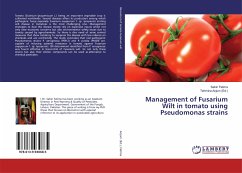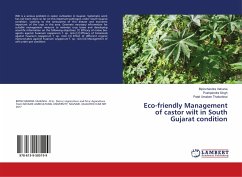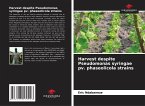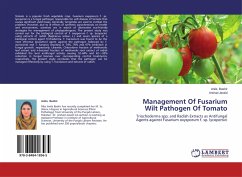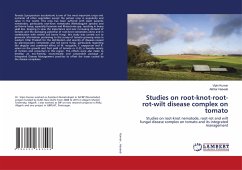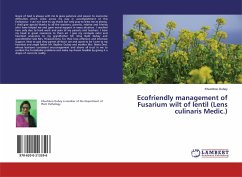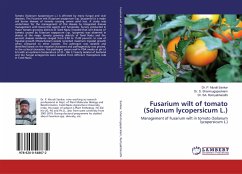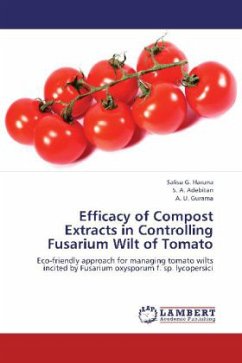Tomato (Solanum lycopersicum L.) being an important vegetable crop is cultivated worldwide. Several diseases affect its production among which pathogenic fungi especially Fusarium oxysporum f. sp. lycopersici inciting wilt disease in tomatoes is the most challenging one. Management strategies to deal this disease mostly rely on expensive inputs which not only raise economic concerns but also environmental safety issues due to toxicity caused by agrochemicals. So there is dire need of some control measures that show tendency to suppress this disease with less reliance on chemicals and are ecofriendly. The study concludes that non-pathogenic Pseudomonas strains P. aeruginosa (PM12) and P. putida (PM29) are capable of inducing systemic resistance in tomato against Fusarium oxysporum f. sp. lycopersici. ISR determinant identified from P. aeruginosa was found effective in biocontrol of Fusarium wilt. So not only these strains but also their elicitor compounds can be used as alternative to chemical pesticides.
Bitte wählen Sie Ihr Anliegen aus.
Rechnungen
Retourenschein anfordern
Bestellstatus
Storno

